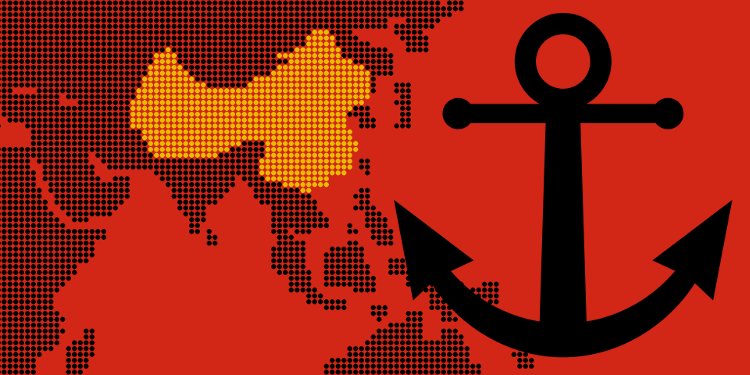Taiwan has a new Sheriff. Former President Ma, whose regime pursued secret talks with China, wanted to visit Hong Kong just after leaving office. Remember, on the books, Taiwan is still at war with China. Since 2003, former Taiwan presidents must file 20 days before international travel as a matter of national security. Ma filed 14 days before and cited a 2000 visit as an example of why the policy should not apply to him. The new president’s office, held by the other political party, denied Ma’s tardy request, citing lack of cross-straight and interpol cooperation—cooperation China has promised to diminish in recent weeks, since Taiwan’s new president took office. Accusations of democracy and grandeur flew in all directions.
The highly-coveted “blue crab” lives in some controversial waters. South Korean fishermen towed Chinese fishing boats from the South Korean waters to the South Korean authorities. A few days later, the South Korean military drove more Chinese fishing boats out of the same waters. North Korea claims the waters and referred to the incident as an “invasion”. The United Nations recognizes the South Korean map. Seoul asked Beijing to watch its own fishermen more carefully.
Germany also asked Beijing to ensure rule of law, this time over NGOs not being involved in politics. Human rights and abuse of new police authority over NGOs were mentioned. Historically, NGOs are a tool of human rights advocates, which China has been known to view as political.
Few policies in Europe create fewer problems than they invent, NGO governance in China being one example, European immigration being another. There seem to be many satellites orbiting the headline reasons for Britain’s immanent “brexit” from the EU. The “brexit” would have financial repercussions—sooner and smaller as opposed to later and larger, so the narrative goes.
Britain and Europe would not normally be mentioned in an editorial on Pacific-Asia, except for Britain’s continued agreement with China concerning Hong Kong—a territory that could lose its financial status in Asia and, interestingly also, a destination recently denied to a former and distrusted president of a US ally in the Pacific. Neither HSBC’s headquarters nor the former Taiwan president will be going to Hong Kong anytime in the foreseeable future.

